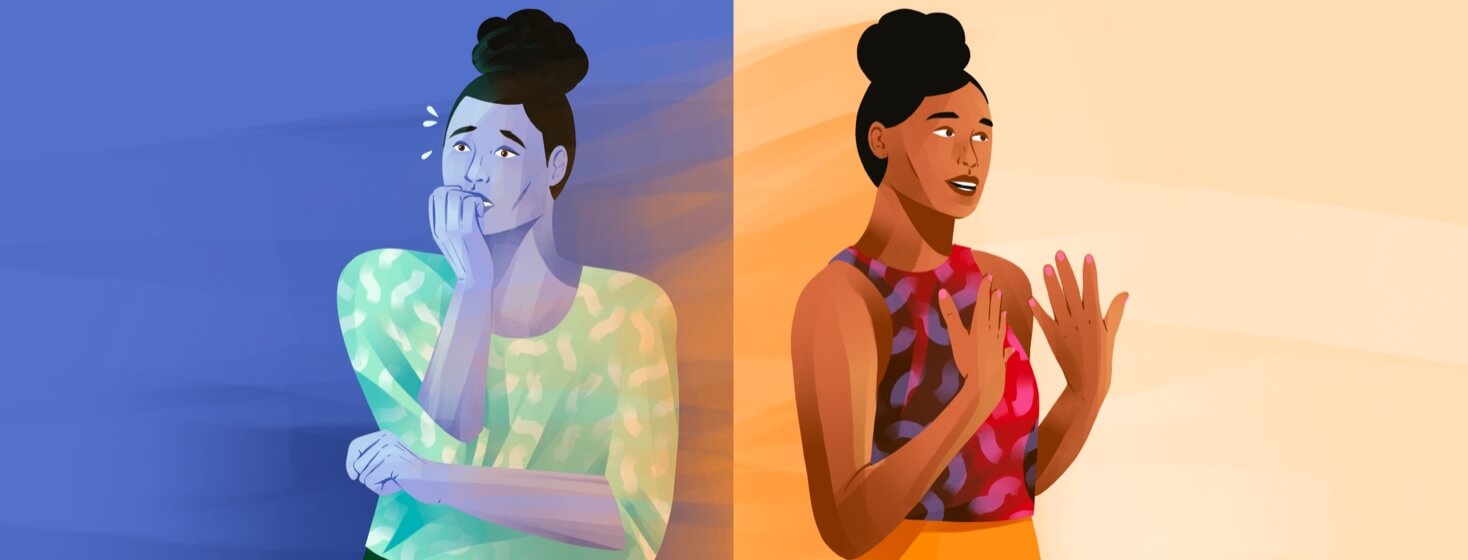How Skin Cancer Affects Mental Health
Far too often I've heard people say, "if you’re going to get cancer, skin cancer is the kind to get." While it's true that many skin cancers are treatable if caught in time, a cancer diagnosis does affect us in so many ways, including our mental health, no matter what kind of cancer it is.
What comes next?
One of the major obstacles someone must overcome once they're diagnosed with skin cancer is wondering, “what now?” According to a survey cited on Cure Today, "One of the biggest challenges that comes with skin cancer is living with uncertainty. Patients may wonder how treatment will work, how it will impact them, what side effects they’ll have and in what ways it might change their appearance."
There are so many questions
And that all makes sense. You do want to know what happens now. Even if it is usually treatable when caught in time and with proper care, a new diagnosis brings about doubts. Will I look different? What if treatment doesn’t work? How long will this take? And of course, what if it comes back? Some may even wonder if they’re susceptible to other forms of cancer now.
It’s an emotional rollercoaster
There are various feelings you may have when learning you have skin cancer. You may feel anxious or tense. There is also the stress of learning you have skin cancer. Most people have a certain way of living life. They have their days planned, and an interruption, for surgery, treatment, or time off, causes disruption.
There's so much stress involved
When you add in doctor appointments, added expenses, and the feeling of realizing your mortality, it can lead to becoming a chronic stressor. Not only does this lead to behaviors like lashing out, or feeling angry or sad, it can even affect a person’s ability with memory and how we think. In addition to the internalized emotions, having skin cancer may influence how a patient interacts with the outside world.
Take a deep breath
Everyone is different when it comes to how they react. But know that almost all reactions are normal, and you’re not the only one to feel that way. The important part has been mentioned: most skin cancers can be successfully treated if caught early. That is why regular skin checks are essential. Your dermatologist can answer your questions about the rest, like how long it takes or what kind of treatment is best.
Lean on others
If possible, seek support from a friend or family member. Never let anyone tell you your thoughts aren’t justified. If you’re upset or scared over a skin cancer diagnosis, that is perfectly normal. If you don’t have someone you can turn to, take care of yourself. Take time doing the things you love or what makes you feel special. If you want to meditate, that’s a good way to find some peace. If it’s spirituality that you gravitate to, that’s perfect, too. Just do the things that help your well-being and know that you’re in good hands with your doctor.
A skin cancer diagnosis is scary, and yes it affects your mental health. But know that this is something you will overcome.
How do you manage your mental health while dealing with skin cancer?

Join the conversation